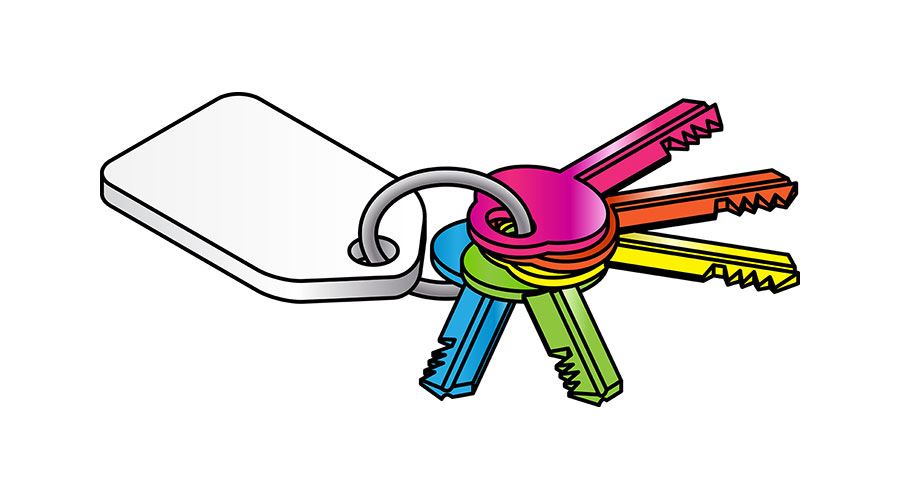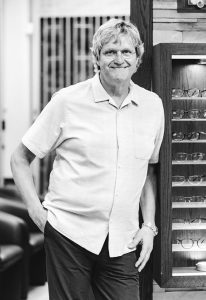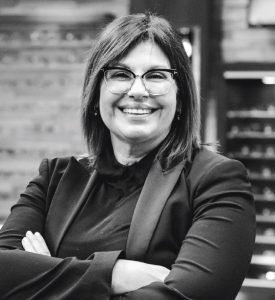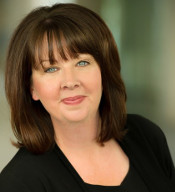
The market has continued to change. Many are asking great questions about corporate buyers, and the impact of the rise interest rates and inflation on practice values.
Healthcare is (still) Recession and Pandemic Resilient
The market continues to expand and corporate buyers, like traditional ones, see the value in healthcare. I may sound like a broken record, especially now that we are 2 years past those initial dark days, but healthcare has proven it is recession and pandemic resilience.
People simply need humans to take care of them. Rates of return on healthcare businesses are 8% or more depending on cost structures.
The Numbers Game (Hint: It’s Not a Game)
An individual doctor will always purchase a practice unless they want to be a career associate. A corporate entity will go after an office where an improvement in gross revenue can be made through the increase of hours and services while also, of course, trimming expenses as well.
Practice sellers may not like their hard work broken down into “simple numbers” but the reality is that numbers drive corporate decision makers. It is just business.
Sometimes corporates will pay more than an private individual doctor purchaser and other times not.
Ultimately, a vendor must put personal feelings and ego aside in order to make the decision that makes most sense for them.
Market influencers – interest rates and inflation
Good news, historically, despite the varying rates, practice values have continued to rise. They may jump more in value at certain times and less in others but in reality, the actual values have not decreased in my 30 years of being in this industry.
These past couple of years have certainly been interesting. Despite a pandemic and increasing inflation, values have continued to rise.
This is simple economics – supply and demand. There continues to be more buyers than good practices available. The vendors who may have chosen to delay due to pandemic by holding on, continue to put pressure on purchasers who are looking for something to buy.
Lenders also continue to fund these acquisitions provided that the buyer can qualify. As long as this cycle continues, values will not be negatively impacted.
Can the rise in interest rates affect a practice value?
My initial answer is no BUT I do feel the need to qualify my response.
There are certain transactions that a bank will not provide 100% which means the buyer must put some money into the deal to successfully close.
This does not mean the practice is overvalued. It simply means that based on risk, a lender is comfortable in financing only a certain percentage of the purchase price.
The market has been trained in the past 20+ years to expect 100% financing. However, many factors have changed significantly such as increased practice values along with increased, personal debt load of purchasers.
Practice value is not synonymous with level of financing. Values are separate from the level of financing a bank will offer a purchaser. For example, an insurance brokerage will sell for 12-15x EBITDA yet lenders do not finance this level.
Inflation can cause practice values to decrease.
It is quite simple – the more expenses rise (staffing, supplies, PPE), the more the net profit is negatively affected.
As such, value is impacted. Therefore, before anyone opines as to whether higher rates and inflation impacts value, the real assessment is how these factors affect a practice on a case per case basis.
A blanket statement is always a dangerous thing to make.
It should also be noted, the final practice value is truly determined by the price a vendor and purchaser agree to. Even if increased expenses bring value down, a buyer can still offer more if they see opportunities in the practice.

JACKIE JOACHIM
Jackie has 30 years of experience in the industry as a former banker and now the Chief Operating Officer of ROI Corporation. Please contact her at Jackie.joachim@roicorp.com or 1-844-764-2020.




















